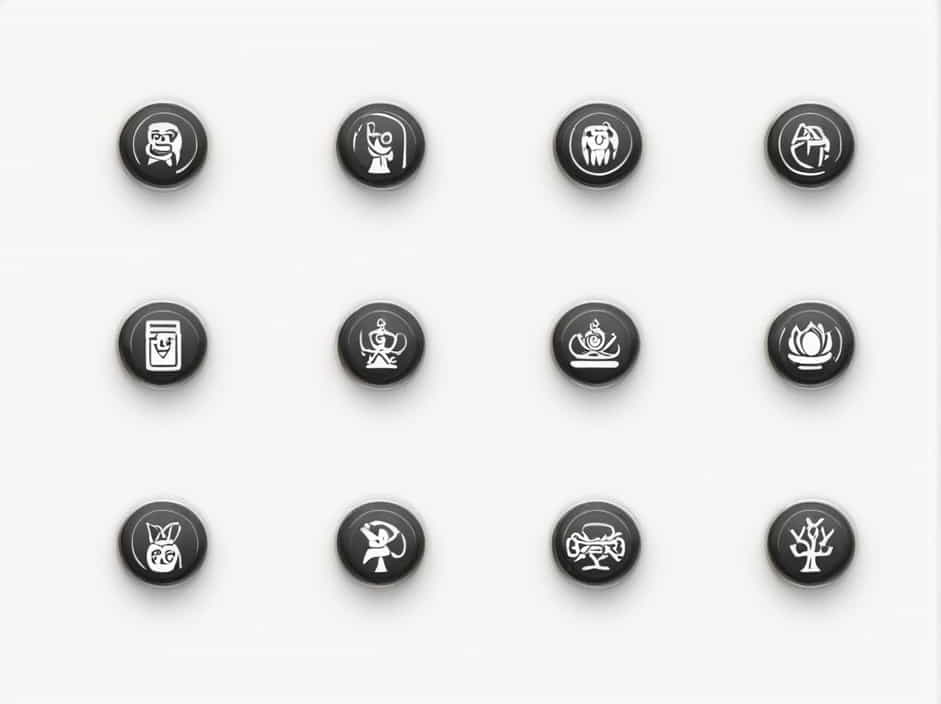The Analects is one of the most influential texts in Chinese philosophy, containing the teachings and ideas of Confucius, the great philosopher and educator of ancient China. Compiled by his disciples after his death, The Analects serves as a guide to ethical living, leadership, and personal development.
This topic explores the purpose of The Analects, its impact on Chinese society, and its continued relevance in the modern world.
What is The Analects?
The Analects (LàºnyÇ, 论è¯) is a collection of sayings, dialogues, and reflections attributed to Confucius and his disciples. Unlike systematic philosophical texts, it presents wisdom in the form of short passages, making it accessible and practical for everyday life.
The text focuses on morality, governance, relationships, and personal virtue, emphasizing how individuals should conduct themselves to create a harmonious society.
The Purpose of The Analects
1. Teaching Ethical Behavior and Moral Virtue
One of the main purposes of The Analects is to teach people how to live a virtuous life. Confucius emphasized the importance of personal ethics, believing that individuals should cultivate qualities like:
- Ren (ä») – Compassion and kindness
- Li (礼) – Proper conduct and rituals
- Yi (ä¹) – Righteousness and justice
- Zhi (æº) – Wisdom and knowledge
- Xin (ä¿¡) – Trustworthiness
By practicing these virtues, individuals can become morally upright and contribute to a harmonious society.
2. Promoting Social Harmony
Confucius believed that society functions best when everyone understands their role and responsibilities. The Analects provides guidance on how people should behave in different relationships, such as:
- Ruler and subject – Leaders must be just, and citizens must be loyal.
- Parent and child – Children should respect their parents (filial piety or xiao å).
- Husband and wife – Mutual respect and duty maintain family stability.
- Friend and friend – True friendship is based on honesty and virtue.
By following these principles, people can reduce conflicts and create a stable society.
3. Guiding Good Governance and Leadership
Confucius saw government and leadership as crucial to maintaining order. The Analects teaches that leaders should rule through virtue, not force. Some of its key political ideas include:
- A ruler should be a role model for the people.
- Leaders must be wise, just, and compassionate.
- The best way to govern is through moral example, not strict laws.
Confucius famously said:
“If a ruler leads with virtue, the people will follow as naturally as the grass bends with the wind.”
This idea has influenced Chinese governance for centuries and is still relevant today.
4. Encouraging Lifelong Learning
The Analects emphasizes education and self-improvement. Confucius believed that learning was not just about acquiring knowledge but about developing character.
Some of his key teachings on education include:
- Never stop learning – Knowledge is a lifelong pursuit.
- Be open-minded – Learn from different perspectives.
- Reflect on mistakes – Improvement comes from self-examination.
Confucius himself was a lifelong learner and encouraged his disciples to seek wisdom in all aspects of life.
5. Advocating Respect for Tradition
Confucius placed great importance on tradition, rituals, and respect for the past. He believed that ancient wisdom provided a strong foundation for moral behavior and social stability.
The Analects teaches that people should:
- Follow established customs and rituals (Li) to maintain order.
- Learn from past generations to avoid repeating mistakes.
- Honor ancestors and respect elders (filial piety).
These ideas helped shape Chinese culture, family values, and social norms for thousands of years.
The Impact of The Analects
Influence on Chinese Society
For over 2,000 years, The Analects has been a central text in Chinese education, politics, and ethics. It shaped the values of imperial China, where officials were required to study Confucian principles for government exams.
Even today, Confucian teachings continue to influence Chinese culture, business practices, and interpersonal relationships.
Influence on Other Countries
Confucianism spread beyond China to Korea, Japan, Vietnam, and other East Asian nations. Many of these countries adopted Confucian values in their:
- Education systems – Emphasizing respect for teachers and discipline.
- Governance – Encouraging moral leadership.
- Social norms – Strengthening family bonds and respect for elders.
Confucian ethics remain deeply embedded in East Asian societies, shaping their traditions and way of life.
Modern Relevance of The Analects
Even in the 21st century, The Analects remains relevant. Its teachings on leadership, ethics, education, and relationships offer wisdom that can be applied to modern challenges.
Some examples of its continued importance include:
- Business ethics – Confucian values like trust and integrity guide many Asian companies.
- Political leadership – The idea of moral governance is still influential in modern politics.
- Personal development – Many people find Confucian teachings helpful in self-improvement and interpersonal relationships.
Famous Quotes from The Analects
Here are some of the most well-known sayings from The Analects:
- âDo not do to others what you do not want done to yourself.â (The Golden Rule)
- âWhen you see a person of virtue, think of becoming like them. When you see a person who is not, examine yourself.â
- âTo govern by virtue is like being the North Star: it remains in place while all the other stars revolve around it.â
- âHe who learns but does not think is lost. He who thinks but does not learn is in great danger.â
- âA journey of a thousand miles begins with a single step.â
These quotes highlight the core messages of virtue, self-improvement, and moral leadership.
The Analects was written to teach virtue, promote social harmony, guide leaders, encourage education, and preserve traditions. It has shaped Chinese civilization and global philosophy for over two millennia.
Confucius’ teachings remain relevant in todayâs world, offering timeless wisdom for ethical living, leadership, and self-improvement. Whether in politics, business, or personal life, the lessons from The Analects continue to inspire people across cultures and generations.
